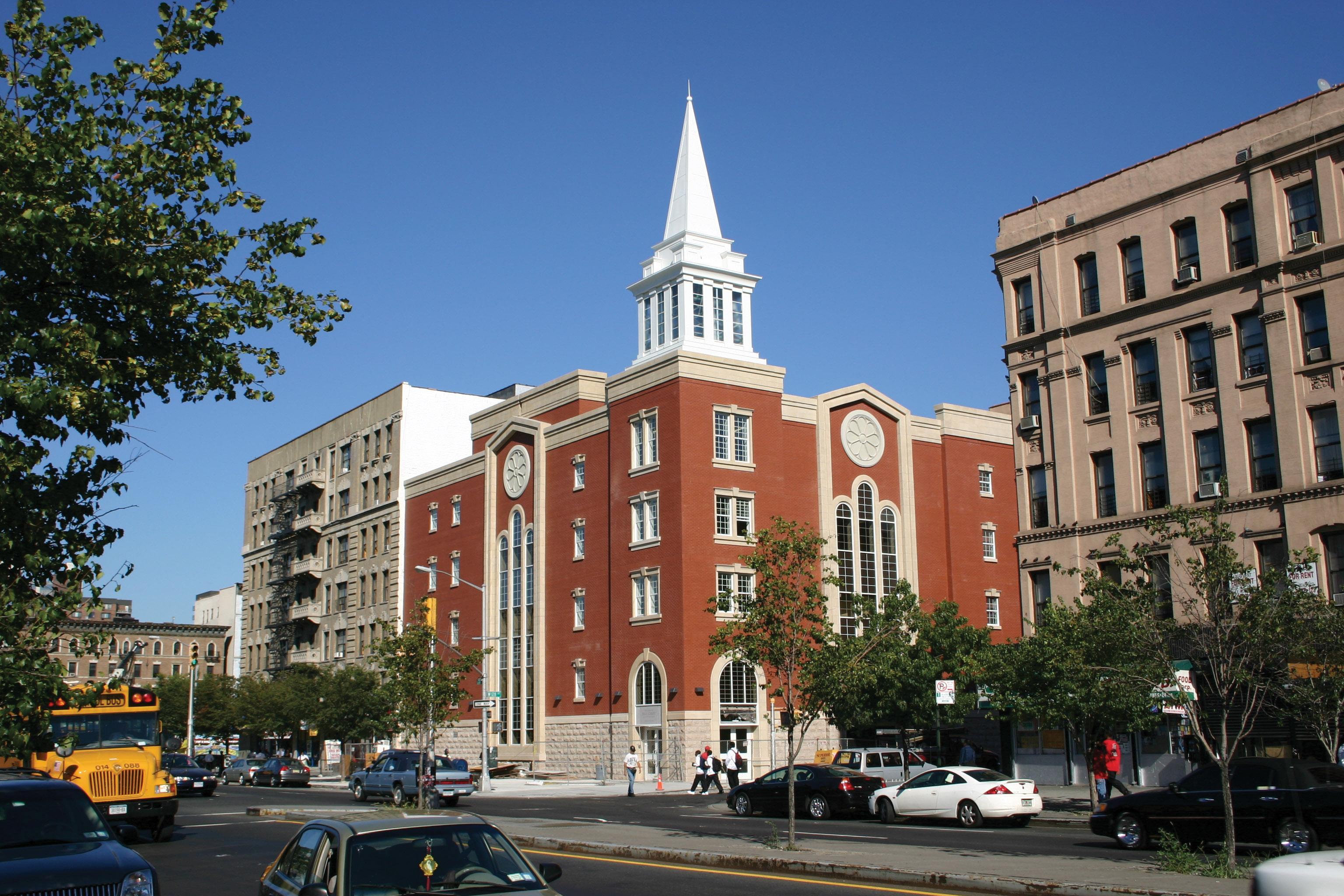
Religious freedom experts gathered together on the campus of Brigham Young University for the 22nd annual conference of the LDS International Society. The theme was “The Erosion of Religious Liberties: Impact on the International Church.” As a matter of basic human dignity and social good, these experts defended religious freedom against gradually encroaching erosions.
Michael K. Young, president of the University of Utah and former chairman of the United States Commission on International Religious Freedom, concentrated his remarks on the state of religious freedom in the United States, calling it a “bellwether” for the rest of the world. The extent of religious freedom erosion in the United States, he argued, significantly impacts the development of this issue in other countries. He warned about the subtle deterioration of religion’s once foundational place in society. An accumulation of “adverse” court decisions along with worsening social attitudes toward religion have produced gradual erosions that are “more worrying” than obvious, abrupt changes.
Among the issues at play here are conscientious objection in the workplace, freedom of religious organizations to hire according to religious standards, freedom of association among campus clubs, and rigid licensing and accrediting requirements that dismiss individual conscience. He emphasized that these incremental changes are not generally brought about by people with harmful intentions. Nevertheless, the old consensus that religion serves as a salutary institution in society is beginning to erode in fundamental ways. He described the progression of this erosion by using three different arguments of critics: (1) religion is not special, but just one of a number of good organizations; (2) while a good thing, religion is entirely a private affair; and (3) religion has a negative impact on society. Religion went from being advantaged by the First Amendment of the U.S. Constitution to being viewed as an institution that should be disadvantaged, even viewed with suspicion.
What can religious freedom advocates do to help remedy this situation? Young recommends the following: (1) Be attentive to the gradual erosion. (2) Develop allies among organizations and individuals who support civil rights generally. Credibility and trust come from supporting the rights of everyone, not just your own. (3) Do it for the right reason, not just to protect Mormon missionary work. He added: “We have a profound moral obligation to protect religious freedom, not only on our behalf, but on behalf of so many others around the world.” (4) Don’t be defensive about it. (5) Warmly engage and welcome the reasonable criticism of our critics. (6) Work at the local level. (7) Trust in the Lord.
John Graz, secretary general of the International Religious Liberty Association, passionately asserted that religious freedom is a basic human right, not merely something that must grovel before governments and the law for approval. It is already established in international law. Advocates of religious freedom should never reach the point where religious freedom is viewed as a luxury, he emphasized. It must always be defended as a firmly established principle. Each year his organization produces the Religious Freedom World Report. Among its latest findings are (1) religious freedom is still protected in a majority of countries; (2) religious freedom is more frequently challenged, however; and (3) religious intolerance does not spare any group. He noted that the world has changed in the past 20 years. Trends for the 21st century include (1) governments wanting to control religion; (2) the formation of new alliances between church and state; (3) proselytism being viewed as a factor of destabilization; and (4) religions feeling attacked. He encouraged religious freedom advocates to: (1) Be responsible in our writing and speaking. “We have to be wise” in expressing ourselves, “even though we have rights.” (2) Favor interreligious dialogues. (3) Be positively active in the community. (4) Promote and protect religious freedom for all.
In a panel on the topic of promoting corporate social responsibility among the business community, Mormon scholars put forward religious freedom as a positive social good. Gregory G. Clark, attorney at Kirton & McConkie, emphasized that a growing consciousness to include religious freedom in the array of other rights already promoted and protected by corporate social responsibility is slowly taking hold in the business community. W. Cole Durham, director of the International Center for Law and Religion Studies at BYU, spoke of religious freedom as “the grandparent of other rights.” He focused on the influence of what he called “soft law,” in comparison to national laws, in shaping the legal and social norms of our world. The standards and practices of corporate social responsibility reside in this sphere of influence. He argued that the commercial sector often carries greater weight than the human rights sector in shaping intergovernmental relations. Robert T. Smith, managing director of the International Center for Law and Religion Studies at BYU, provided a history of corporate social responsibility. He described the process of how corporations insert social goods into the fiber of their business and the challenge of including religious freedom in the equation of corporate interests. Paul C. Godfrey, professor at BYU’s Marriott School of Management, suggested that “thorough-going, greedy capitalists” should support the notion of religious freedom because it promotes all sorts of social goods that create an environment conducive to business.
In the final panel, Hannah Clayson Smith, senior counsel at the Becket Fund for Religious Liberty, presented a list of domestic trends that have been unfolding in the past decade and reviewed the relevant court cases involved. John M. Smith, counsel at Raytheon Company, spoke about the interplay between religious freedom and national security. Drawing from his personal experience and study, he then elaborated on the state of religious freedom in Ukraine and its recent history.